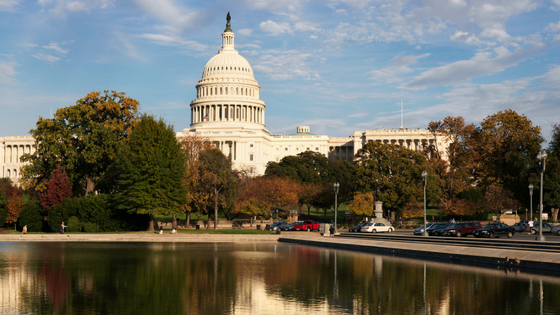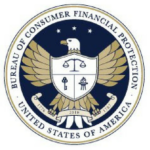The Senate Committee on Commerce, Science, and Transportation has scheduled a hearing for this Thursday at 10a.m., entitled “Oversight of the Federal Communications Commission.”
Committee chairman Sen. John Thune [R-S.D.] has invited the four commissioners of the FCC to testify before the committee. Among the topics to be discussed are robocalls, according to a release announcing the hearing.
“From efforts to better utilize spectrum powering our wireless economy to expanding rural broadband access, combatting robocalls, and reviewing the media landscape, the FCC and its operations are critically important,”said Sen. Thune in a statement. “This hearing will offer Senators the opportunity to ask commissioners questions about topics of critical importance to their states and constituents.”
Sen. Thune is one of a number of Senators, on both sides of the aisle, who have been lobbying the FCC, on topics related to robocalls. Earlier this month, Sen. Thune was part of a group of Republican Senators who sent a letter to Ajit Pai, the chairman of the FCC, urging the agency to move forward with its proposal to create a database of reassigned phone numbers to help companies make sure they are calling the right parties.
Sen. Thune was part of another group that sent a letter to Pai, this time advocating the agency to keep a narrow definition of an automated telephone dialing system and the capacity of that system.
“Consistent with Congress’ intent and the text of the TCPA, the FCC should further confirm that, to be an ATDS, equipment must use a random or sequential number generator to store or produce numbers and dial those numbers without human intervention, and find that only calls made using actual, not theoretical, ATDS capabilities are subject to the TCPA’s restrictions,” the Senators wrote.
After Thursday’s hearing was announced, Mark Neeb, the CEO of ACA International, sent Sen. Thune a letter, requesting that the committee address four topics when speaking with the FCC’s commissioners. Those topics are:
- Telephone Consumer Protection Act (TCPA) interpretations remain onerous and create unclear compliance expectations that leave businesses vulnerable to frivolous class action litigation. The FCC must act to clarify its interpretations of the TCPA as directed by the D.C. Circuit Court of Appeals (D.C. Circuit);
- New call blocking and labeling technologies are unfairly impeding calls from credit and collection professionals, in some instances in deceptive ways, or ways that engage in slanderous labeling of these calls;
- Legislation, specifically, S.3078, The Stopping Bad Robocalls Act, threatens to harm legitimate communications and fails to appropriately focus on illegal and scam robocallers;
- Several other regulators including the U.S. Department of the Treasury (Treasury), the Small Business Administration (SBA) Office of Advocacy; and the Bureau of Consumer Financial Protection (BCFP) have recognized the importance of having the ability to communicate with consumers.









